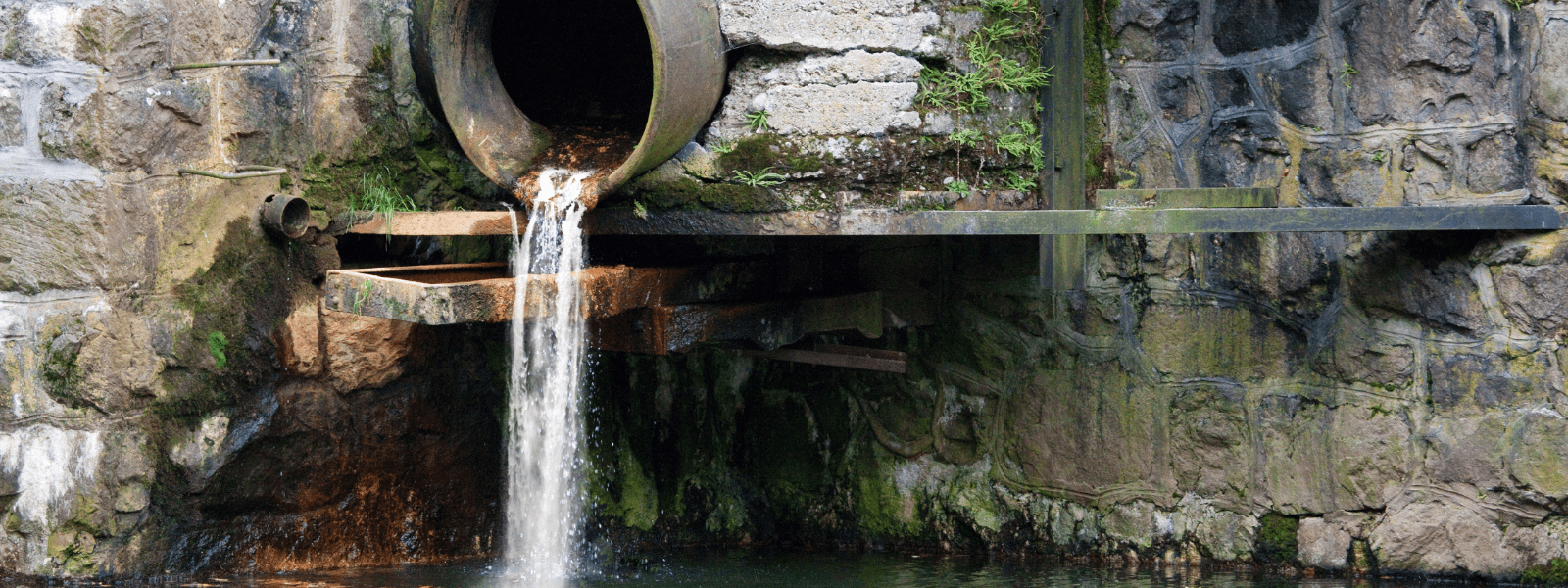Biofouling refers to the unwanted build-up of biological materials, such as bacteria, algae, or other microorganisms on surfaces submerged in water. It occurs commonly in industrial settings, where water is pumped through a system, typically as a cooling mechanism. For cost reasons, the water used is often “open circulating,” meaning that it comes from an open body of water, and thus is host to numerous biological species.
Biofouling can have serious implications for the efficiency and safety of an industrial system. However, there’s no need to worry. With the proper tools and prevention techniques, you can protect your system.
How Can I Implement Biofouling Prevention?
Treatments to prevent biological fouling can take many forms, including:
Biocide Treatments: chemical additives that kill microorganisms
UV Irradiation: exposing water to UV light will prevent organisms from reproducing
Bacteria Inhibitors: certain chemicals will prevent bacteria from communicating, thus dissuading bacteria accumulation
Structural Changes: replacing the materials of a structure with certain polymer blends, or coating them in hydrophobic paint will reduce the risk of fouling
Why Should I Prevent Biofouling?
Biofouling can have an extreme impact on the efficiency of an industrial system. If the structure affected is used to direct water flow, the added biomass can clog pathways, making the system less efficient.
For cooling systems where the surrounding water is intended to draw heat out of the structure, accumulated biomass will act as a sort of insulator, and make heat transfer less viable. This could be very harmful in situations like nuclear power plants, where enormous coils direct the heat generated in nuclear fusion to a large source of water, allowing the system to remain at a stable temperature. In fact, nearly 4% of power station failures in the United States are caused by fouling.
Biofouling can also cause damage to submerged equipment through bio-corrosion. Bio-corrosion occurs when organic chemicals created by the biomass on a certain structure will eat away at the material it is attached to, similar to how battery acid can corrode small electronics.
Need Biofouling Prevention Help?
At Ecolink, we are proud providers of industrial-grade chemicals that assist companies in their daily operations and with any issues they may have.
If you are interested in biofilm and biofouling prevention for your industrial water system, don’t hesitate to reach out! One of our knowledgeable experts will be happy to help you find the best solution for your needs!















